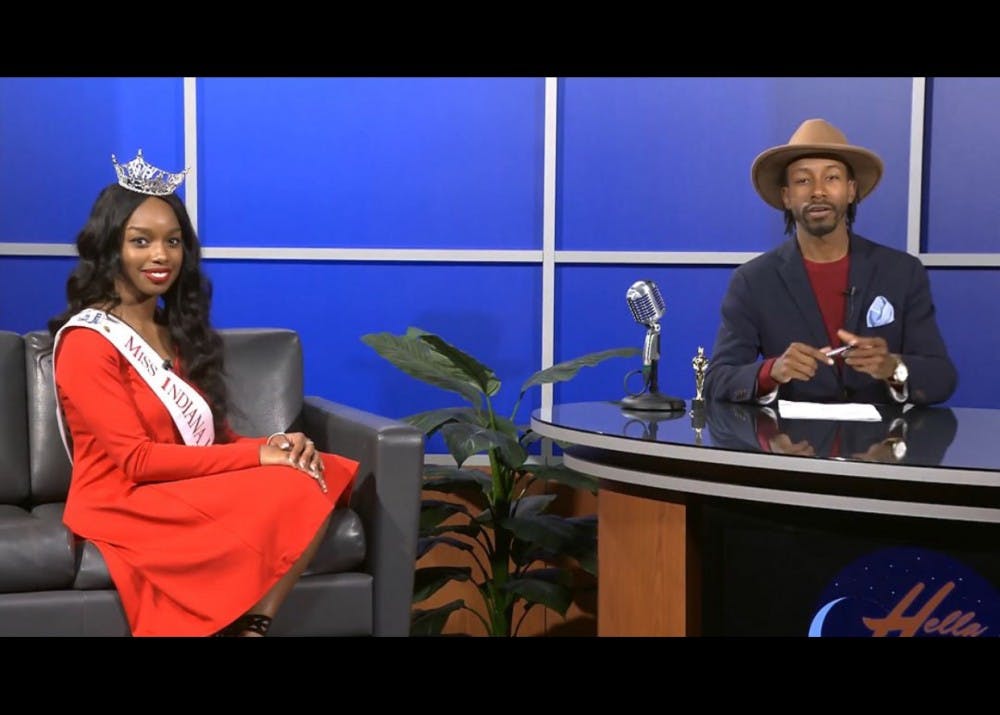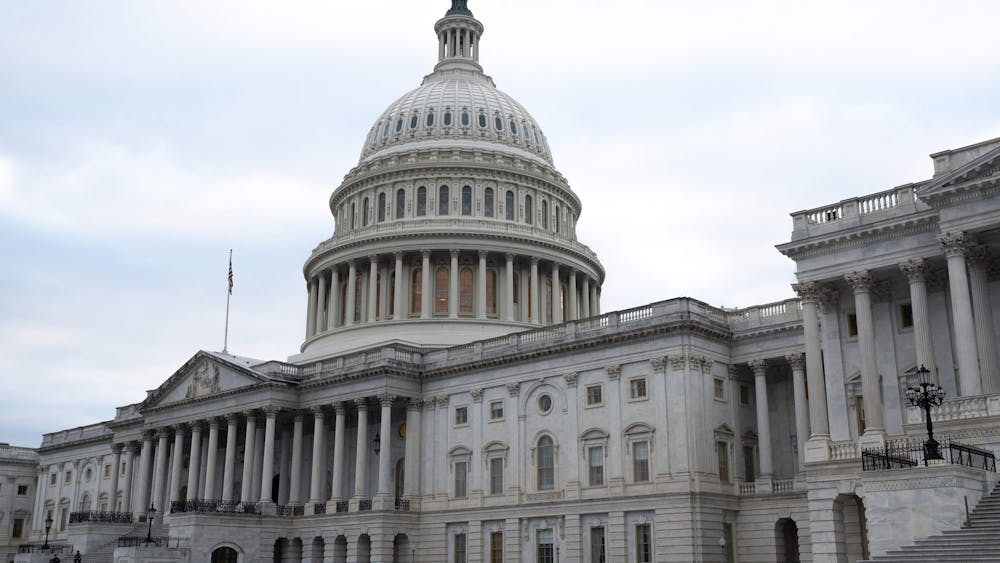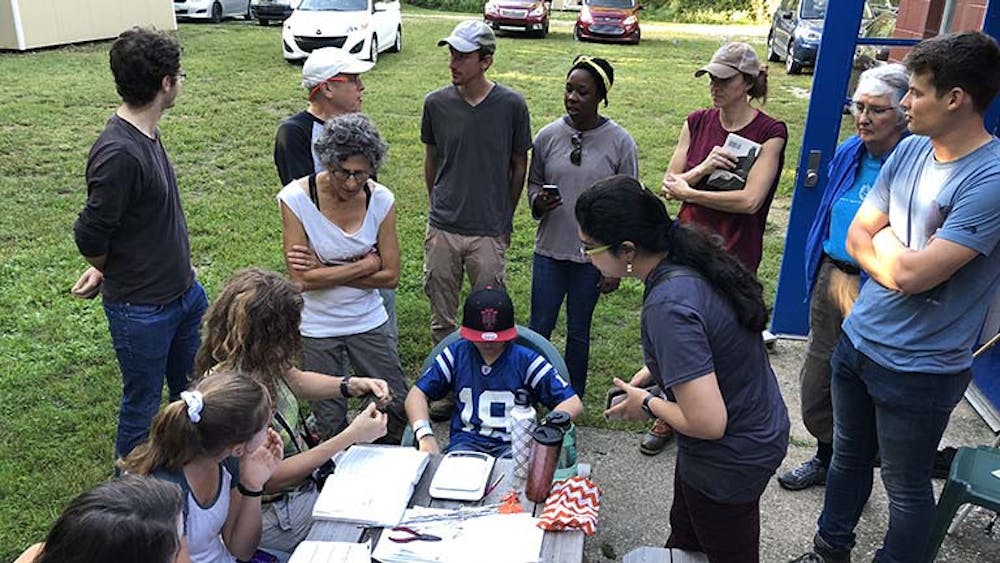Rob Sherrell, IU's first stand-up comedy major, continues to share the spirit of students pursuing comedy at IU even after moving to Los Angeles.
At IU, Sherrell started his own late-night talk show called “Hella Late,” which he used to address societal diversity issues. As a student at IU and beyond, Sherrell used his comedy to address issues such as racism, sexism and homophobia.
"I value platforms, and having a mic and a stage is a platform to say something meaningful," he said. "I use humor as a platform to break down the barriers and mental blocks we have on sensitive topics."
He said that the purpose of “Hella Late” was to use his comedy to offer exposure to the talents and voices of those who are marginalized. He did this by having special guests, writers and performers who were women, people of color and members of the LGBT community.
Sherrell moved to Los Angeles to create more comedic content with the Young Urban Filmmaker Fellowship Program through the BLU Educational Foundation.
As Sherrell does, IU senior Jordyn Alexander uses her voice to approach diversity issues in her on-campus improv comedy group, Full Frontal Comedy.
"I absolutely think comedy is a good medium to combat social issues," she said. "Just look at John Oliver or Trevor Noah. Not only do I learn about the important issues, but I also learn why I should care."
Alexander recently wrote a sketch for her group in which they acted out a training video from the 1950s in the United States, which included a joke about racism to highlight its absurdity.
"We discussed both the wording and delivery to assure we communicated to the audience that we are against racism," she said.
Ultimately, Alexander gave the choice to the actor, a person of color, of delivering the line and whether he felt comfortable saying the joke.
"There's definitely a right and wrong way to execute it," she said. "As comedians, we have to be very careful about the tone and the way our stance can be interpreted."
While Alexander said her IU audience supports her, some female comedians are not so lucky.
"I was once told by a female mentor that when people go to a male's comedy show, they expect they will be entertained, while women, on the other hand, have to prove it," she said.
Even when the improvisational nature of Full Frontal allows Alexander to play roles across the gender spectrum, she said that sometimes she cannot shake the idea of the audience's being uneasy about her as a female comedian.
"When I get the occasional eyebrow raise when I tell someone I do comedy, sometimes I can't help but wonder if it's because I'm a woman," she said.
Just as Alexander wonders about stereotypes of women in comedy, Sherrell encounters stereotypes as a black man in comedy. This, he said, is not always a bad thing, though.
"As a black comic, you always get the automatic assumption that you’ll tell 'black' jokes," he said. "I don’t think there’s anything wrong with that. I don’t look at Bill Burr and think, 'Oh man, he’s going to get up there and do a bunch of white jokes.' I like to joke about my blackness because while it’s somewhat encompassing, my life as a black man differs from another’s."
Both Alexander and Sherrell said that they choose to combat their stereotypes by doing what they love, despite the barriers.
"As a minority, it can be isolating, and you'll oftentimes feel like you don't belong, but you do," Sherrell said. "It’s important to be real and tell your story the way you want to."





